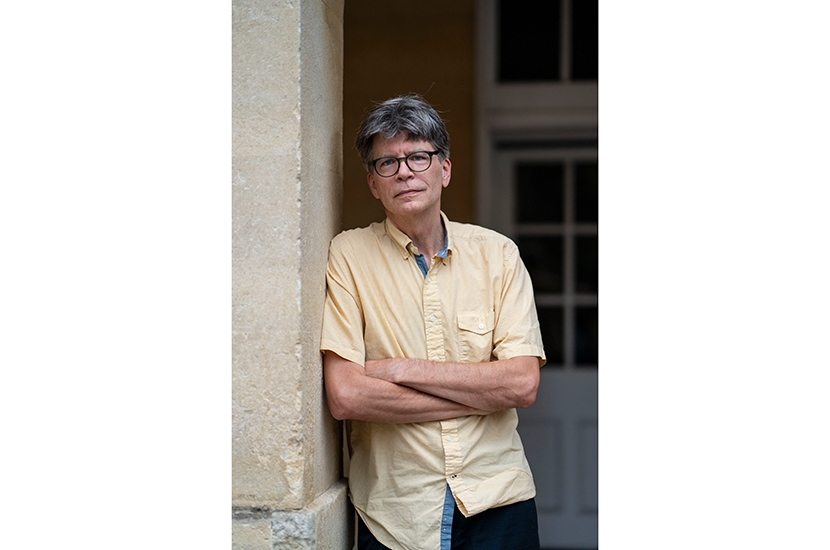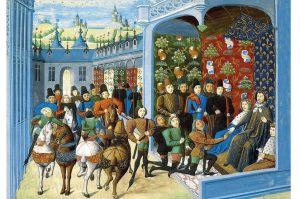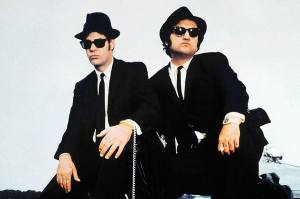We open with Theo, our narrator, and Robin, his son, looking at the night sky through a telescope. ‘Darkness this good was hard to come by,’ Theo tells us. He calls Robin ‘my sad, singular, newly turning nine-year-old, in trouble with this world’.
We’re in the American Midwest, where Theo is a nerdy computer scientist — a data engineer whose professional world consists of looking for life on other planets. Robin, we soon see, might have ADHD. He’s brilliant, but unpredictable and testy. Alyssa, Theo’s wife and Robin’s mother, a former animal rights activist, is dead. Apart from Theo’s not-quite-friend Martin, an extreme super-geek of a neuroscientist, these are our main characters.
Powers’s previous novel, The Overstory, was about the idea that trees can communicate with each other, and the fact that most humans don’t know or care about this. It won the Pulitzer prize, and was shortlisted for the Booker. Barack Obama loved it. With this novel, which has also been shortlisted for the Booker, I was expecting painful truths about humans trashing the environment — and it’s what we get, in spades. Powers is extremely good at creating a very specific emotion in the reader: a potent mix of sadness and guilt. He’s also a wizard when it comes to telling us about trees, rivers, insects and birds.
Anyway, Theo takes the troubled Robin on a camping trip in the Smoky Mountains, where they swim in a freezing, turbulent creek. Don’t do it, I kept thinking. But Theo loves the wilderness; on the way back, he says the sight of the first road ‘crushed me’. Later, father and son watch videos of Alyssa, and keep picking away at the question: if there is intelligent life on other planets, why have they not contacted us? As we shall see, there are two worrying answers to this.
Did I tell you that Theo tries to create virtual models of lots of different planets by collecting data about light waves? Well, Martin out-geeks even Theo. He can scan human brains and create models of them, so that a person can sort of live forever. In fact he has Alyssa’s brain on file. So when Robin’s relentless eccentricity gets him into trouble at school, Martin offers Theo a possible treatment: why not implant Alyssa into Robin’s brain? Good idea, you might think. Or not. Suspiciously, he modeled Alyssa’s brain when she was in an ‘ecstatic’ state.
Is Martin sinister? Was he having an affair with Alyssa — or worse? At this point, the novel takes off. A new level of geekiness emerges. Things get out of hand — hence the book’s title. This is the dystopian near future — a police state with an evil Trumpian president. When Robin becomes an environmental activist and mounts a protest, the cops close in on poor Theo.
As Obama said, Powers does make you see things differently — unless, of course, you are already an enthusiastic watcher of the natural world. I found myself thinking that, if I were to become fascinated by birds and insects, well, it would be a good thing, probably. And why have people from other planets not contacted us? Possibly because all intelligent life dies out just after it reaches the spaceship stage. Or, more worrying, because we are living in a simulation.
In any case, Theo decides to take Robin back into the wilderness. This book made me feel sad and a bit guilty — but maybe in a good way. In the woods, Theo pitches his tent near the freezing creek. Don’t do it, Theo, I kept wanting to say.
This article was originally published in The Spectator’s UK magazine. Subscribe to the World edition here.


















